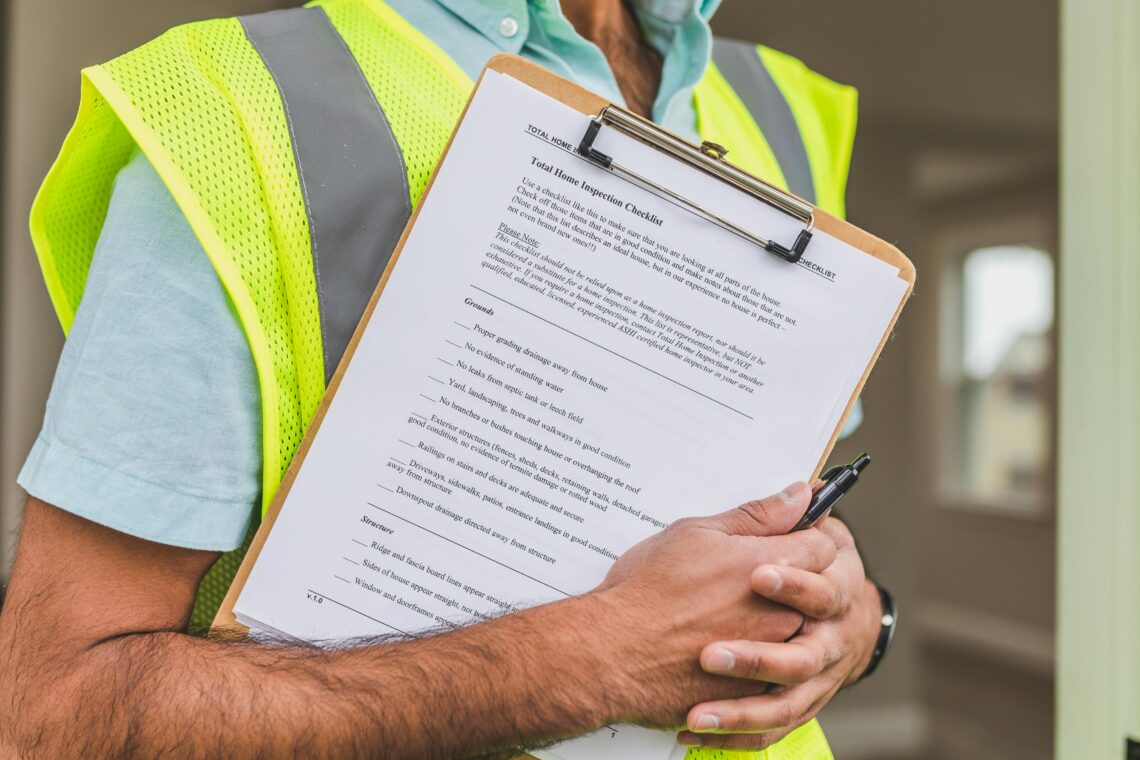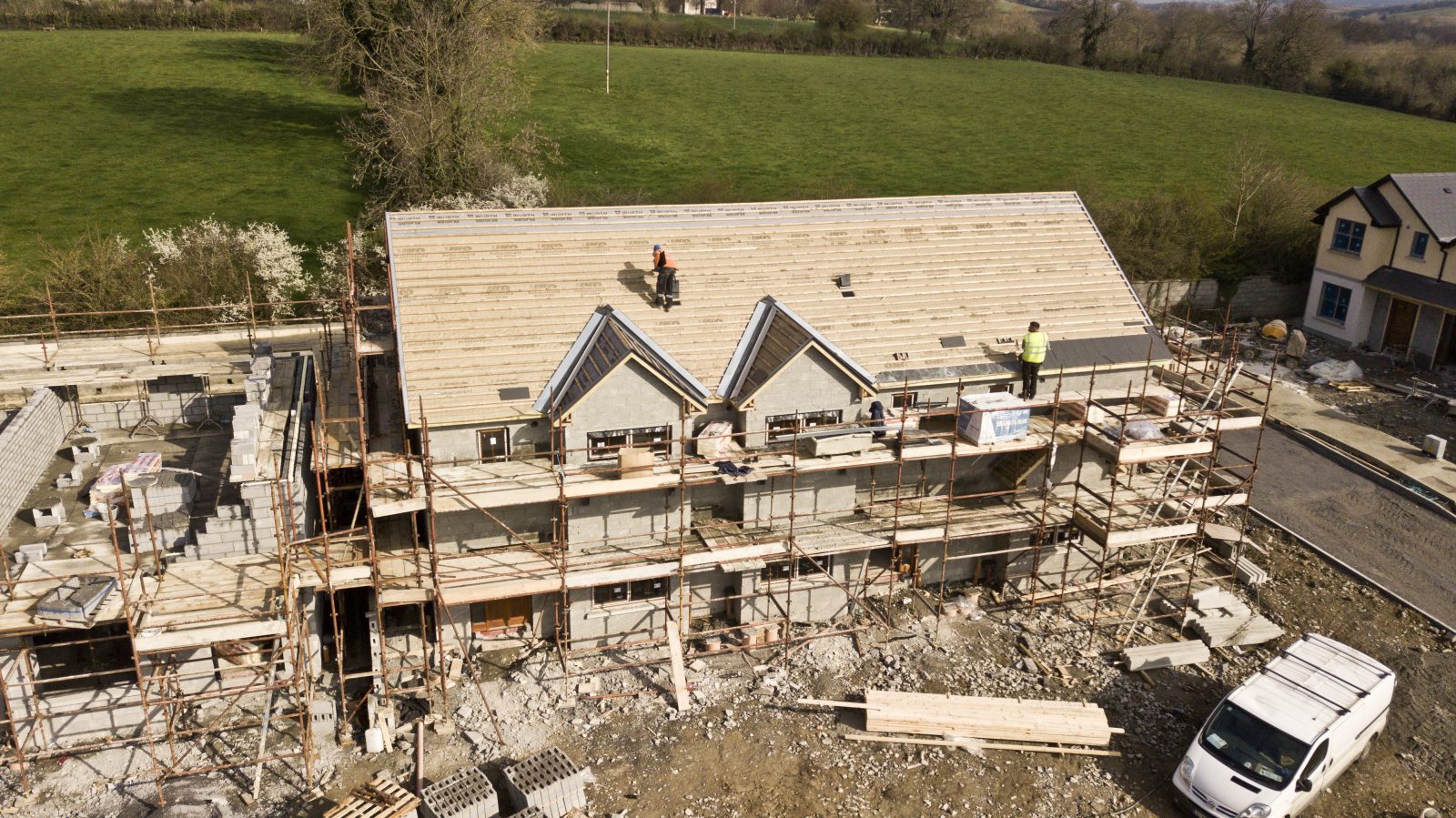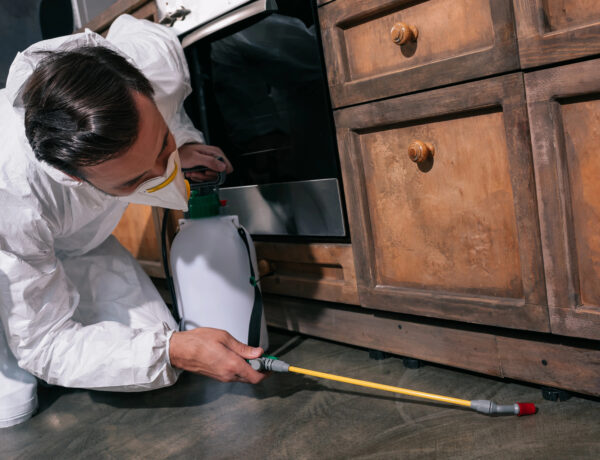Home inspection is a very important process in buying or selling a home. Prospective problems that can affect the value and safety of your home are identified with them. Knowing what the most common items are from these inspections, both buyers and sellers can be better equipped for the sale. Home inspectors often notice these problems, so this post will unpack them and offer advice on how to handle the issues.
Structural Concerns
A recurring problem usually cited by home inspectors in Massachusetts is structural issues. The professionals look for cracks in the foundation, uneven floors, or sagging roofs, which could indicate pitfalls. It is important to find a remedy for these issues before they result in significant long-term damage.
Roofing Problems
During a home inspection, roofing problems that are most common include leaks, missing shingles, or peeling flashing. With these problems persisting, there are chances that your roof will fail. There is also mold damage and the potential for water to penetrate into the living areas. Preventive roof maintenance and timely roof repair can increase the lifespan of a roof, protecting a home from water damage.
Electrical System Deficiencies
Among the other common issues detected by home inspectors are deficiencies in electrical systems. Old wiring, overloading circuits, and faulty outlets are potential safety hazards. These problems pose the possibility of electrical fires or electrocution. A working and up-to-code electric system in a house can help avoid potentially dangerous situations and provide some peace of mind for the homeowners.
Plumbing Issues
During home inspections, plumbing issues are also frequently discovered. A leaky pipe, a clogged drain, or a broken water heater can cause significant damage when it is not properly addressed. It can cause mold or a structural integrity issue due to water damage.
HVAC System Failures
During home inspections, wear and tear will sometimes be apparent in heating, ventilation, and air conditioning (HVAC) systems. Systems that have not been properly tuned will work harder, resulting in higher energy bills and poor comfort. Proper maintenance and component replacement at the right time can help you reap many benefits, as home systems will work efficiently and effectively and be less costly.
Poor Insulation and Ventilation
Poor insulation and/or inadequate ventilation in the home can cause less energy efficiency and indoor air problems. Unsafe insulation can cause homes to consume more energy, and allow heating and cooling systems to overwork to heat or cool the home so that it stays at the proper temperature. Ineffective ventilation may cause moisture to accumulate and can allow mold to form, which can create health issues.
Pest Infestations
Home inspectors routinely find pest infestations. The damage caused by termites, rodents, or other pests is as good an example as any. By the time the damage becomes considerably big, these infestations are also noted. Pest control treatments and timely actions to control pests will help protect a house from the damaging operations of pests. When signs of activity appear, contacting a trusted McMinnville pest control service helps ensure quick identification, targeted treatment, and follow-up monitoring before issues escalate.
Exterior Issues
Defects and issues on a home’s exterior, such as missing or damaged siding, cracks in the driveways or sidewalks, and lack of proper paint, are often noticed during an inspection. These problems detract from the home’s curb appeal and can also create additional issues if left unrepaired.
Water Damage and Mold
When you have your home looked over, one of the usual findings is water damage and black mold. However, not an environmental threat in the traditional sense, a potential hazard that could affect the personal health of employees can be from mold growing in the building due to leaks or poor drainage or alackmetic maintenance response to previous water damage.
Safety Hazards
Home inspectors often discover numerous safety hazards, such as broken railings, jagged steps, or absent smoke detectors. All of these threats represent health risks to the building occupants and obviously can not be ignored. Checking a house for safety can also protect it from potential accidents.
Conclusion
Knowing what are the most critical issues found by home inspectors can help a buyer or seller be better prepared for any upcoming inspection. Dealing with these issues right away will avoid the cost of repair, ensure resident safety, and uphold property value. If an owner is enjoying peace of mind in the safety and well-being of those within, maintaining a property regularly, and acting promptly when something goes wrong, then that home must be on its way to being fabulous.





